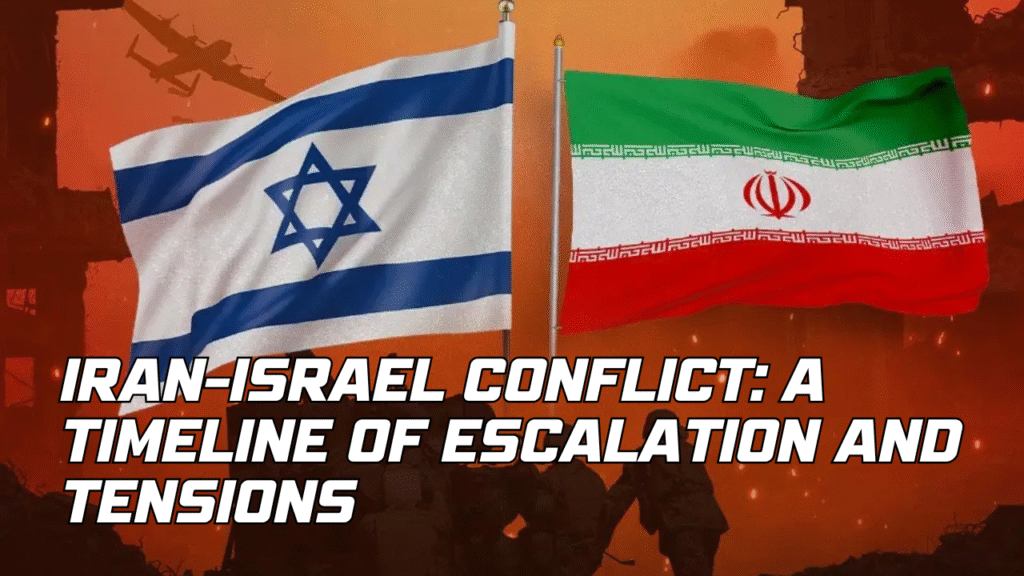Introduction
The escalating conflict between Iran and Israel, marked by missile strikes and airstrikes in 2025, has exacted a heavy human toll in Tehran, Tel Aviv, and beyond. As reported by Al Jazeera, BBC News, and The Guardian, civilian casualties and widespread destruction have underscored the urgent need for de-escalation. This blog post examines the human impact of the conflict, the roles of leaders like Benjamin Netanyahu and Ayatollah Ali Khamenei, and the prospects for peace.
Civilian Casualties
On June 13-14, 2025, Israel’s strikes on Tehran killed 78 people, including 20 children, in a residential complex, according to Iran’s UN envoy. In Tel Aviv and Rishon LeZion, Iran’s ballistic missile attacks killed three and injured dozens, damaging homes and businesses. The Palestinian Red Crescent reported five deaths in the West Bank from missile shrapnel, highlighting the conflict’s regional reach. Personal stories, like that of Ifat Benhaim in Rishon LeZion, whose home was destroyed, illustrate the trauma faced by civilians.
Leadership and Rhetoric
Israel’s Prime Minister Benjamin Netanyahu has framed the conflict as a defense against Iran’s nuclear threat, while Iran’s Supreme Leader Ayatollah Ali Khamenei has vowed revenge, accusing Israel of starting a war. Both leaders’ aggressive rhetoric, reported by CNN and Reuters, has fueled escalation, with warnings of further attacks on Tehran and Tel Aviv. The assassination of IRGC commanders like Hossein Salami and Mohammad Bagheri has intensified Iran’s resolve.
Regional and International Dimensions
The conflict has drawn in regional actors like Iraq, where US bases face threats, and Yemen’s Houthis, who launched missiles at Israel. Western nations, including the UK, have expressed alarm, with Foreign Secretary David Lammy calling for crisis talks. The UN’s Antonio Guterres has urged both sides to halt attacks, but diplomatic efforts have stalled.
The Path to Peace
The human cost of the Iran-Israel conflict demands urgent diplomatic intervention. The collapse of US-Iran nuclear talks and mutual threats of retaliation underscore the challenge. Grassroots movements in Iran and Israel, as reported by The Guardian, express a desire for peace, but political will is lacking. International mediation, possibly through the UN or neutral parties like Oman, is essential to de-escalate tensions.
Conclusion
The Iran-Israel war’s human toll—dozens dead, hundreds injured, and communities shattered—highlights the devastating consequences of escalation. As Tehran and Tel Aviv reel from attacks, the international community must prioritize diplomacy to prevent a broader conflict. The voices of civilians, caught in the crossfire, must guide the path to peace.

